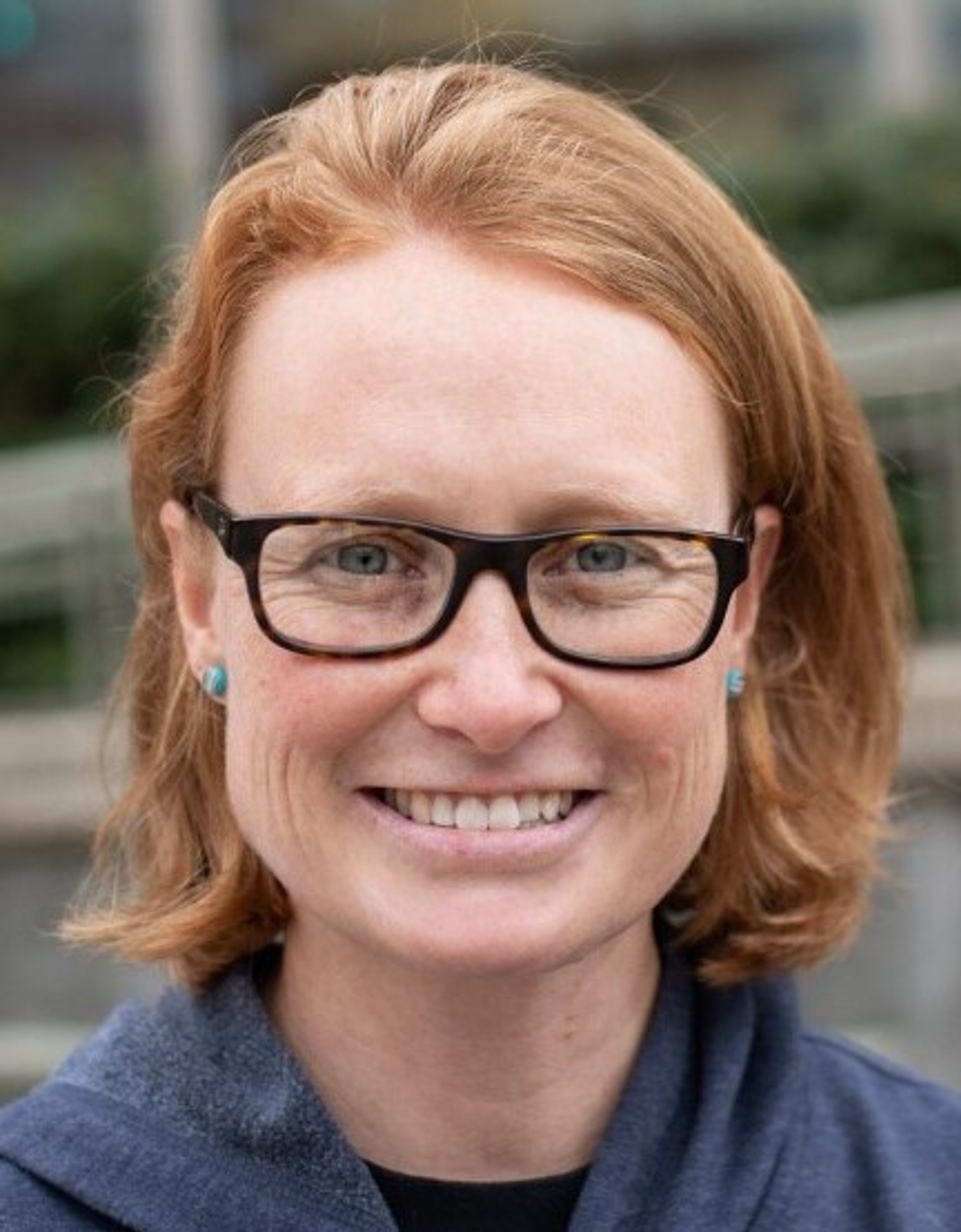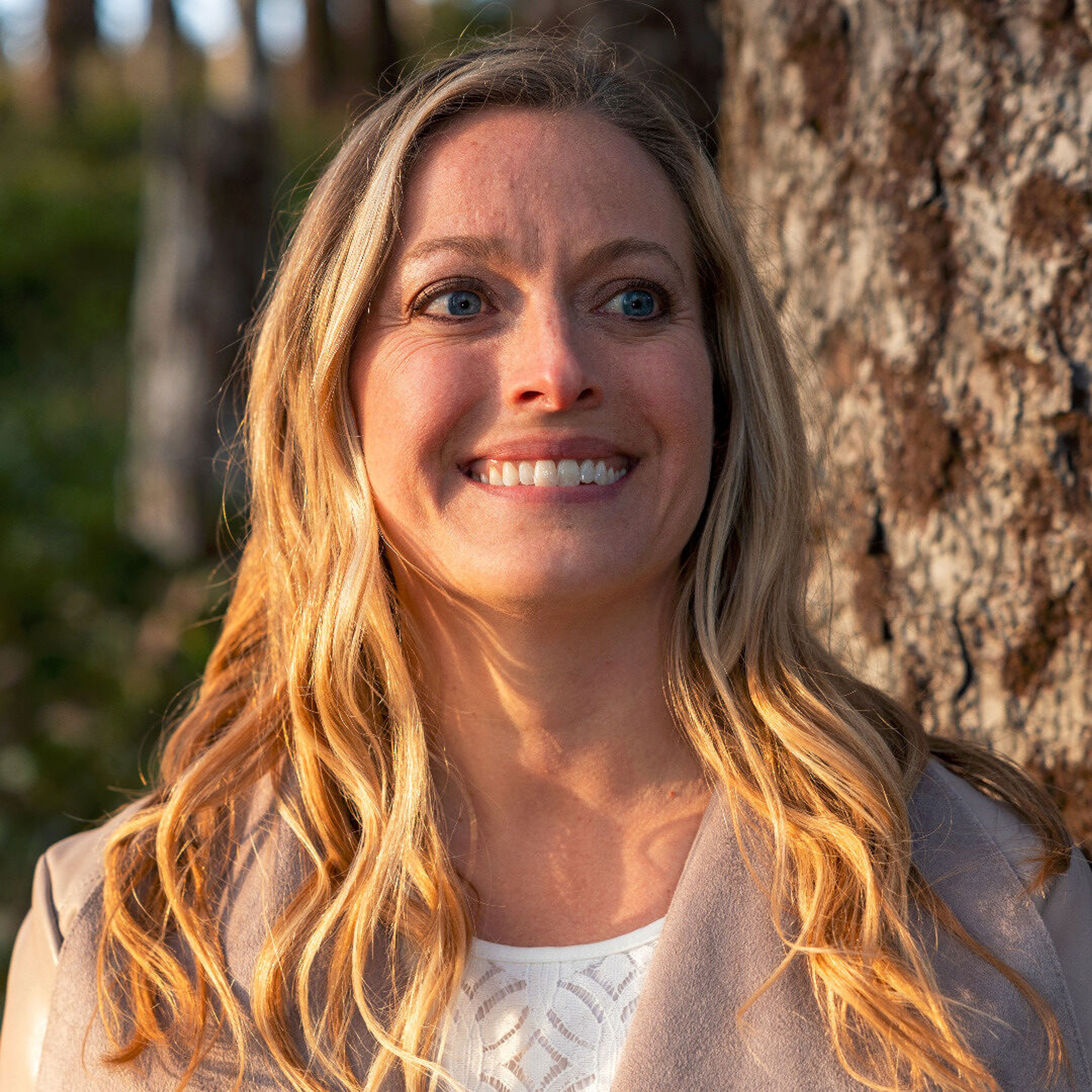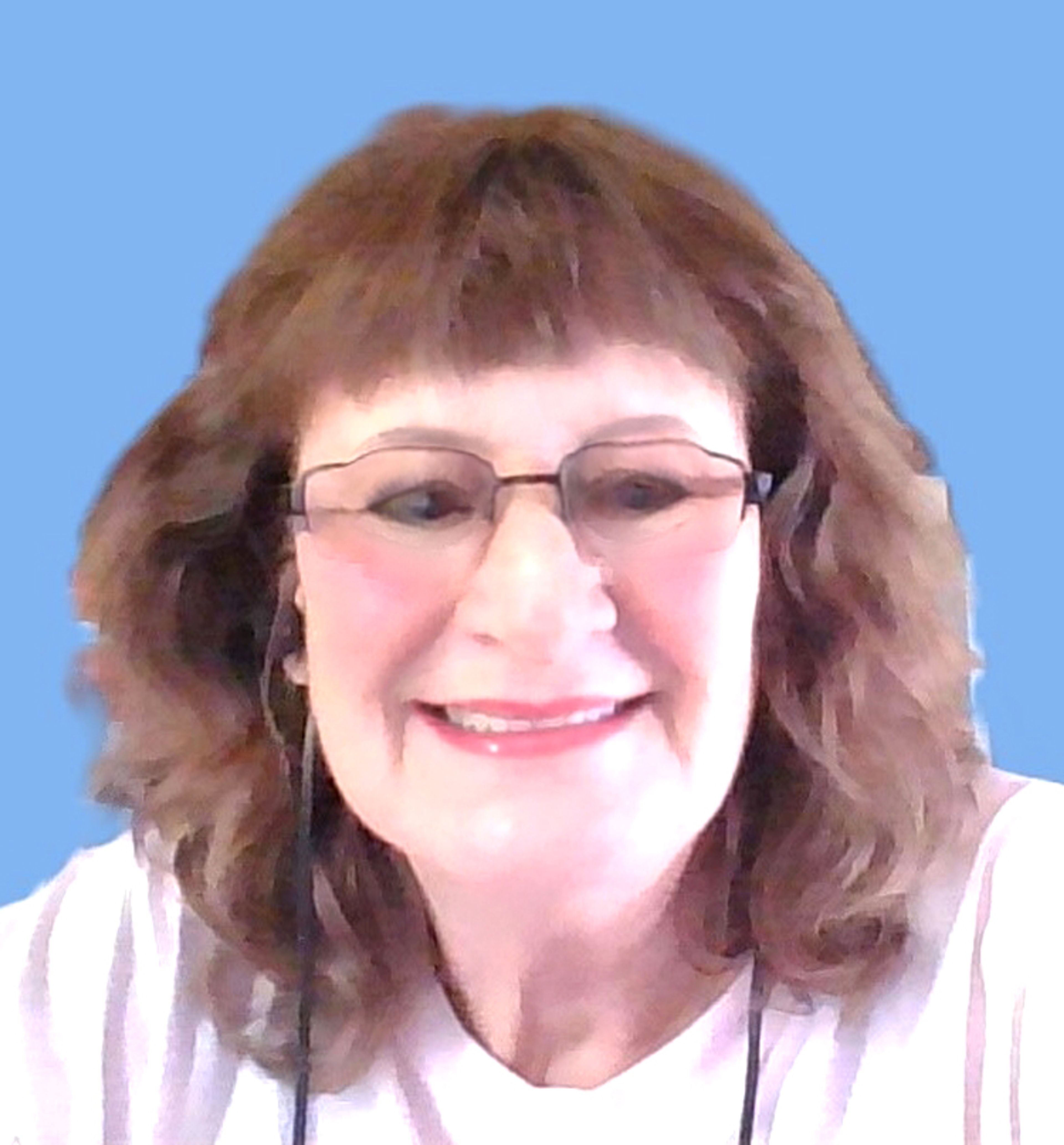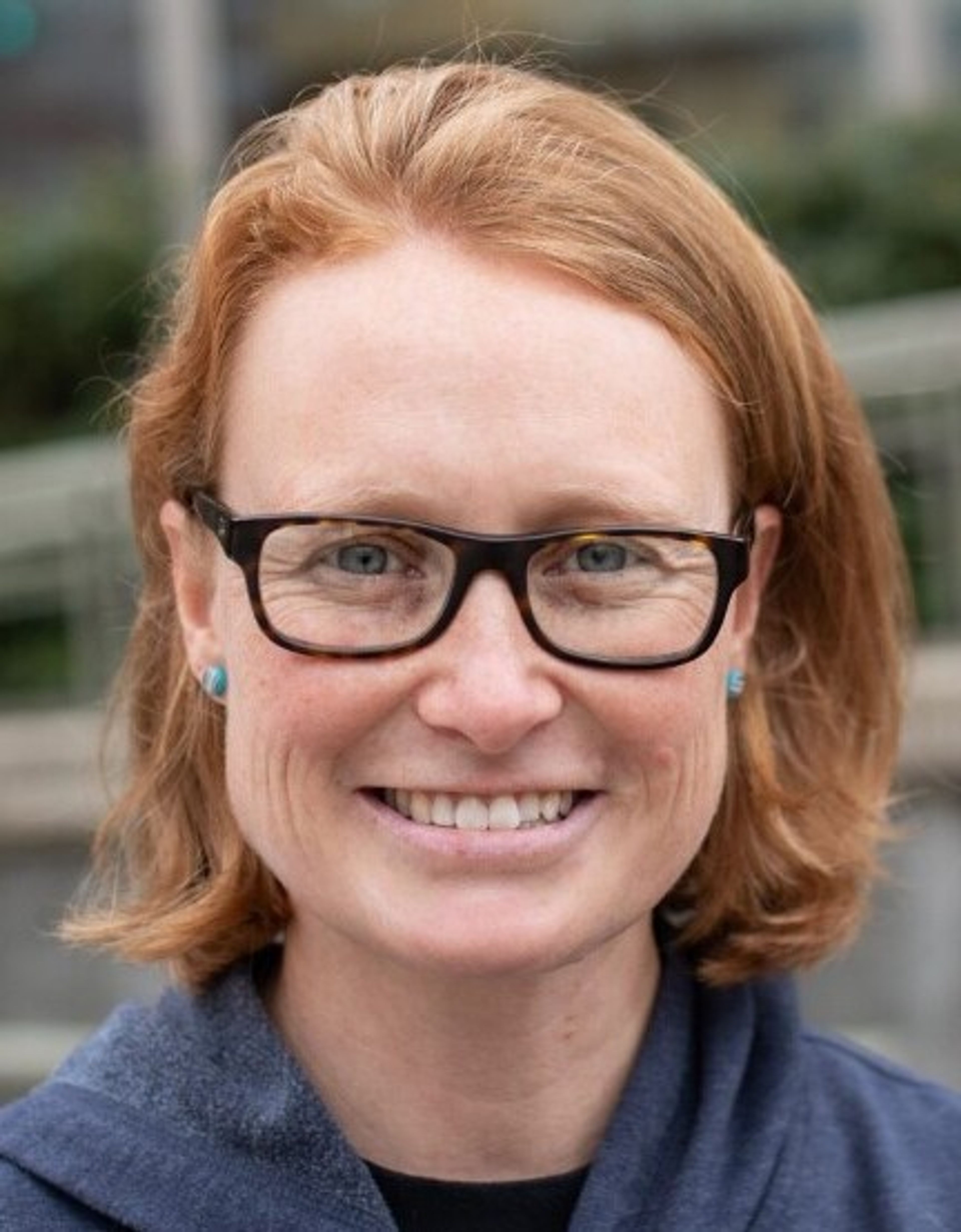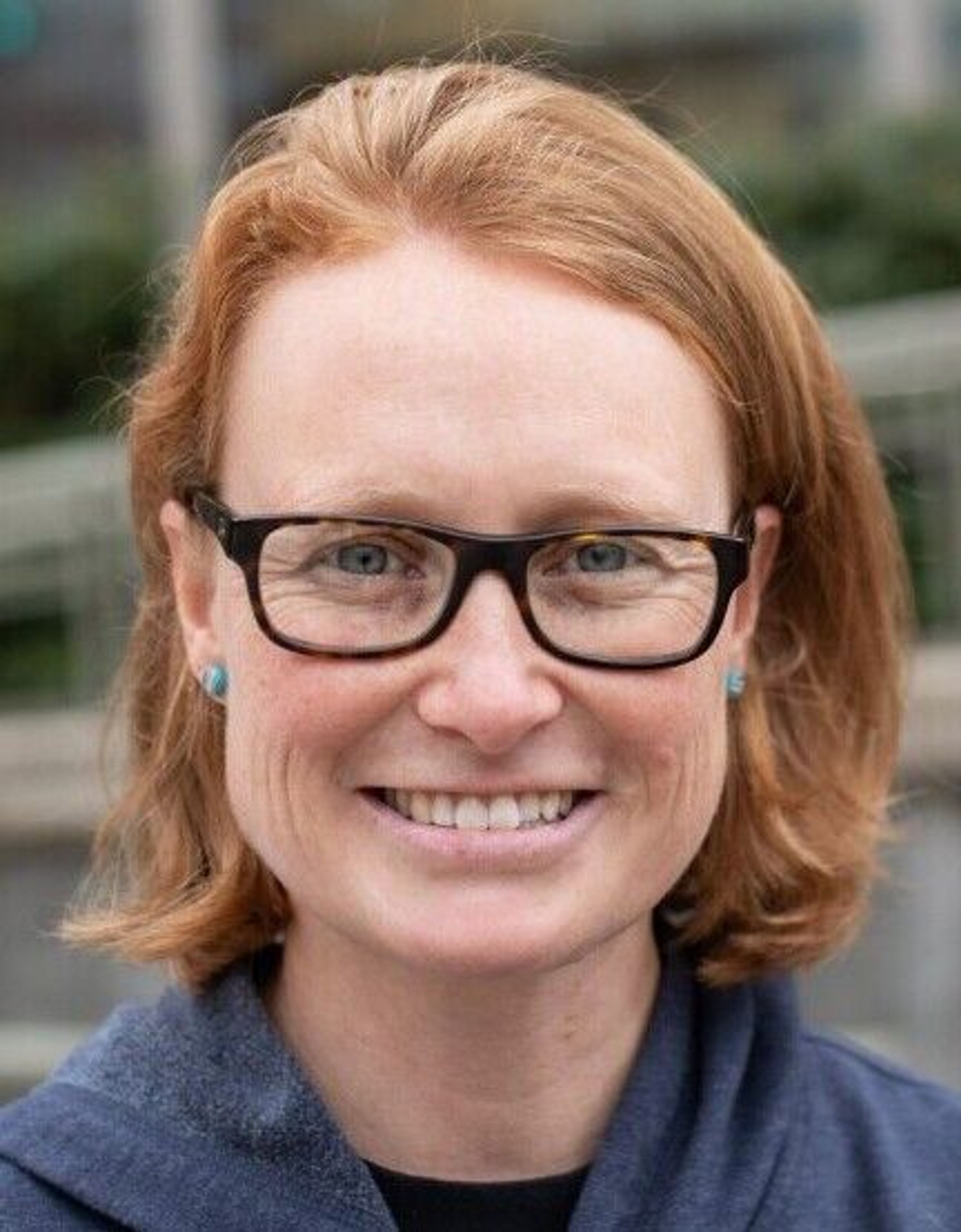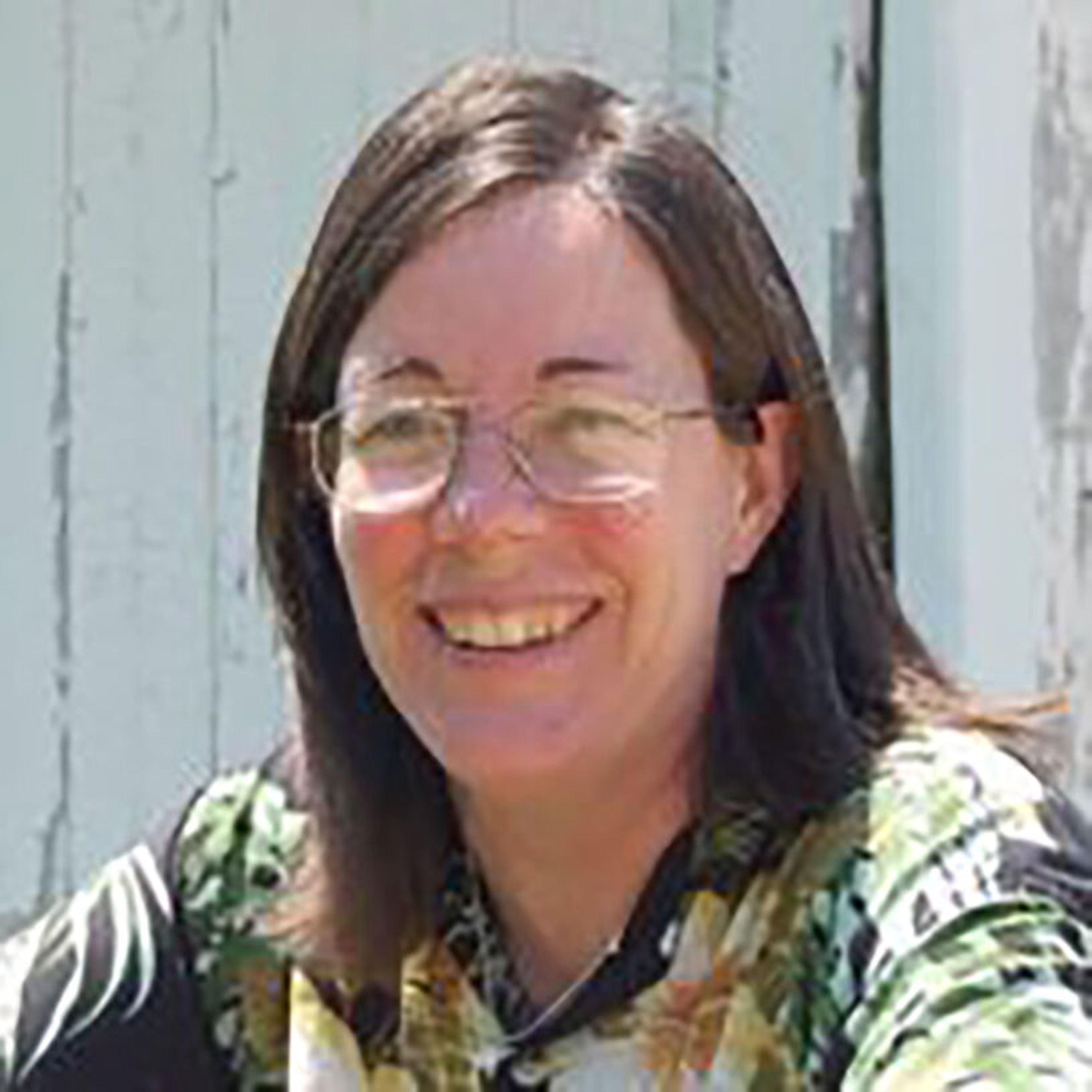FAITH MATTER: When political signs divide us, faith calls us to listen
Commentary by Tracy Simmons
Faith Matters is a partnership with FaVS News (online at favs.news) providing readers a regular column about faith and its intersection with culture and our communities.
I committed journalism’s cardinal sin this year: I put a blue “Harris for President” sign in my yard.
Some of my journalist friends were quick to scold me for it. Reporters aren’t supposed to campaign because we have a duty to appear as objective as possible.
But as soon as I started writing this faith and values column almost seven years ago, I crossed that line. I’ve been transparent about my sexuality and my spiritual beliefs. Particularly this election season, I felt it was appropriate to signal my values to my neighbors, too.
The sign was a symbol that our house is against misogyny, racism, homophobia, lying, vulgarity, violence and threats against journalists.
I was proud to take a stand against Trump, even if it was only through a short, plastic sign by my mailbox.
Some neighbors around us had red Trump signs in their yard. When walking by those houses I felt anger swell up inside me, and I caught myself making assumptions about the people inside.
In my mind, I accused them of being full of hate, of wanting to take away my rights and the rights of people I love.
Then I wondered, what must they think of us when they walk by our house?
They probably misunderstand me as much as I misunderstand them.
The Bible says to love our neighbors. So does the Quran and Hadith. It’s taught also in Judaism, Hinduism, Sikhism, Buddhism, etc. The teaching to love our neighbor is common ground, yet these signs were a barrier.
On election night I refreshed the New York Times homepage for hours, watching the U.S. map flood red.
Once again I found myself judging those who voted opposite me. I wrestled with those thoughts all night, before they turned to worry.
We know too well that political divisions separate countries. They also separate families, neighborhoods, churches and classrooms.
But I’m hopeful that we can find a way to come together. My friend Kiko is an example. In 2016, he was all MAGA all the time. He had the hat, the flag and the tweets. I couldn’t understand how he, a gay Latino, could be so supportive of Trump. So, we talked about it. I even hosted a podcast during COVID-19 where I interviewed him about his views.
We never did see eye-to-eye, but we respected each other and remembered what kept us bonded in the first place. We grew up together, worked together as teenagers, went to college together. We were friends during those formative years and agreed our political views wouldn’t get in the way of that.
This election he voted for Kamala, his first time voting for a Democrat. On most political issues, though, we still disagree — but never fight.
I’d like to think there’s more of those conversations happening across the nation.
One thing we can do to better understand others is to practice genuine curiosity. Instead of labeling people, as I’ve been guilty of doing, ask them, “What issues are most important to you?” or “What shapes our perspective on this?”
Real understanding starts with listening, not arguing.
Everyone has a story. I know I won’t be able to understand or respect every position — there are some ideologies, like Christian nationalism, that I believe fundamentally threaten our democracy and the rights of others. But I can still try to understand how individual people arrive at their views.
I’ll listen to their convictions in hopes that they’ll also stop and listen to mine. I want them to also hear why I vote the way I do because my choices are also rooted in deeply held values — in my concern for equality, human dignity and justice for all people.
These aren’t easy steps. I know that some days anger and judgment will still rise up. But as so many religious traditions teach us, the work of healing begins with opening our hearts to those we see as “others.”
Simmons is an award winning journalist specializing in religion reporting and media entrepreneurship. She serves as the executive director of faves.news and is a scholarly assistant professor at Washington State University’s Murrow College.
